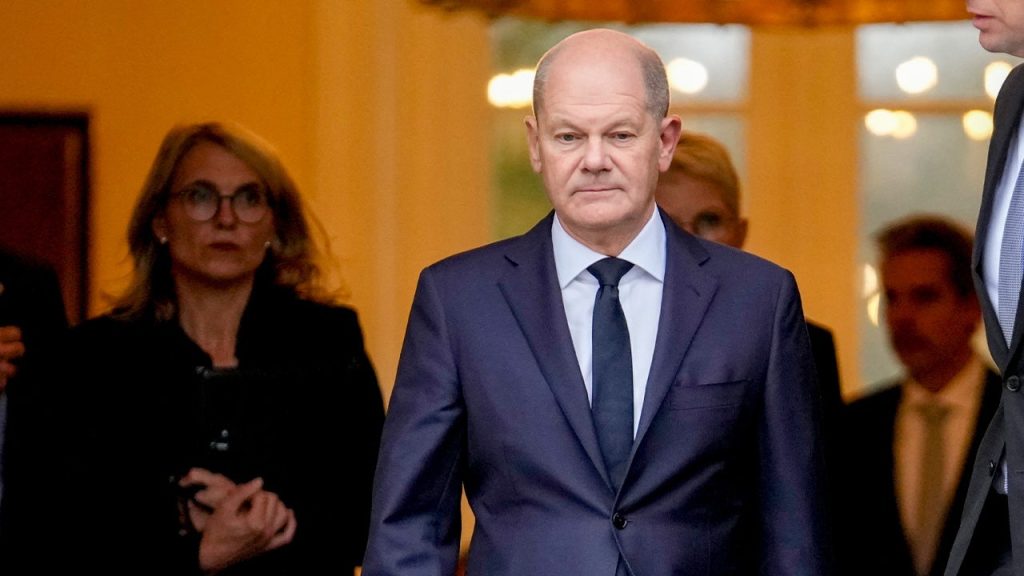German Chancellor Olaf Scholz recently fired his finance minister, Christian Lindner, for being uncooperative in efforts to repair the economy, leading to calls for a no-confidence vote in parliament. The leader of the largest opposition bloc, Friedrich Merz, demanded immediate elections, but Scholz announced that he would lead the country with a minority government until early next year. The move is expected to result in parliamentary proceedings leading to elections by March, rather than the previously scheduled September timeline. The disagreements arose as the coalition government, which has been in power since 2021, looks to address a billion-euro hole in Germany’s 2025 budget.
The dismissal of Finance Minister Christian Lindner stemmed from his public support for a plan that would provide tax cuts for top earners while cutting pensions for all retirees, a move Scholz deemed indecent. This decision has left the ruling coalition with a minority in the German Bundestag, prompting calls for an immediate vote of confidence. Scholz, however, has reiterated his intention to hold the vote in January, allowing citizens to decide the country’s way forward. The economic policy disagreements between the coalition partners have underscored the challenges facing the government as it seeks to address budget shortfalls and push through necessary legislation.
Scholz is counting on cooperation between his left-leaning Social Democrats party, the environmentalist Greens, and members of Merz’s center-right Christian Democrats to pass crucial legislation addressing the 2025 budget gaps. Merz, on the other hand, has expressed concerns about a prolonged period without a government majority and the potential delays in conducting elections and coalition negotiations. With Scholz’s party no longer holding a majority, it is expected that he will lose the upcoming confidence vote, which could lead to the dissolution of parliament and an early election as soon as January. Merz has pledged to work cooperatively with the minority government and take responsibility for the country’s governance.
The situation in Germany has raised concerns about the stability of the government and the impact on the economy as the country faces significant budget challenges. Scholz’s decision to lead a minority government until early next year has sparked debate and calls for immediate elections, with opposition leader Friedrich Merz urging a vote of confidence. The contentious economic policy disagreements and budget shortfalls have highlighted the complexities facing the coalition government and the need for cooperation across party lines to pass vital legislation.
The upcoming confidence vote in parliament will be a critical moment for Scholz’s government, with the possibility of early elections looming if he fails to secure majority support. The outcome of the vote will determine the future direction of Germany’s governance and economic policies, with implications for the country’s stability and standing in Europe. As the political situation unfolds, all eyes will be on the German Bundestag and the decisions made by its members in the coming weeks. The resolution of the current crisis will have far-reaching consequences for Germany and its citizens, as well as its position in the wider European context.















